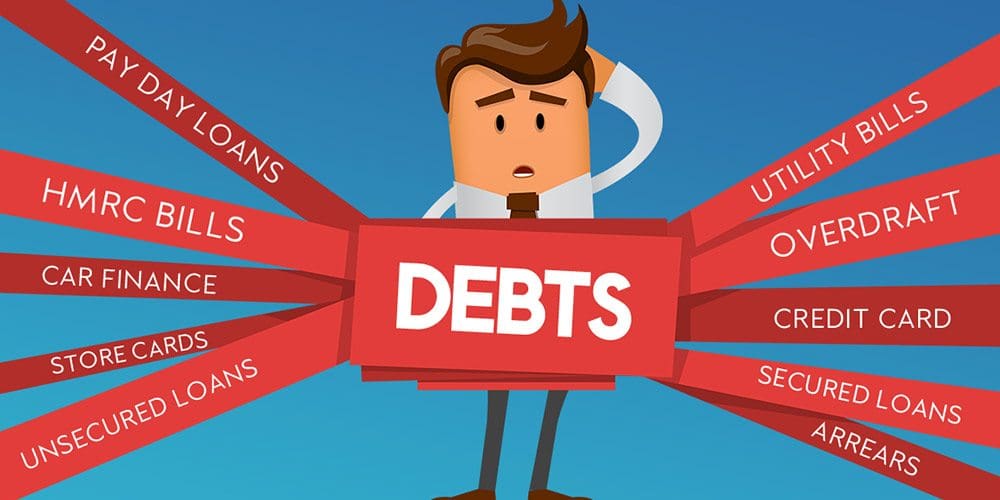Debt consolidation refers to the act of combining multiple debts into one large debt. You can consolidate these loans by applying for a loan that comes with better terms of payoff. This helps to reorganize your total debt so that it becomes lesser and easier to pay. You can use debt consolidation for student loans, credit card bills, and other loans. You can apply for debt consolidation through your bank, a credit card company, or other financial organizations. Many creditors are likely to allow for debt consolidation.
This is because the chances of a debtor paying off debt are higher when they consolidate their debts. This method works best if you do not have too many loans and when you have a solid plan of how you are going to keep your debt in check. To qualify for debt consolidation, it is also important to have proof of income which assures the lenders that you can meet the terms of the loan. The lenders will also check your credit history and financial stability. It is also important to have equity when applying for debt consolidation. Given below are some of the reasons why you may consider debt consolidation.
Helps to Pay Your Debts Sooner
Debt consolidation can help you to pay your loans faster than you would have paid each debt separately. For instance, many credit card companies do not give an exact timeline for when you should pay your debt. This can make you take your time in paying off your debt. However, when you take a consolidation loan, it has a fixed payment date and this helps to clear your debt earlier. When you pay your debt sooner, you can put your money into other uses to achieve your life goals.
Lower Interest Rates
When you consolidate your debts, you may benefit from lower interest rates. This is because most consolidation loans have lower interest rates than most credit card companies. The agents from https://www.jubilee2000uk.org/ help you to pay your debts sooner, by assisting in the debt consolidation process. This means that you will pay fewer interest rates overall. However, the interest rates that you pay with your loan also depend on the amount of your loan, the term of loan repayment for your loan, and also on your credit score.
Boosting Your Credit
At first debt consolidation may lower your credit score because of the inquiry into your credits and the debts that you have. However, over time, debt consolidation improves your credit score, which is because you have to pay your debts on time when you consolidate them. How you pay your debts contributes about 35% of your credit score and therefore the faster you pay your debts, the better your credit score.
When you keep your credit card open after paying your debt, it improves your credit utilization ratio and improves your credit history. This will also contribute to a higher credit score. However, if you decide to close your card after paying off the debt, this can lower your credit score.
Having a Fixed Loan Repayment Schedule
Debt Consolidation enables you to know how much money you have to pay each month and you will also know when you will finish repaying your loan. The loan agreement that you sign when you consolidate your debts gives you a schedule of when you need to complete paying off your loan. This helps you to have some discipline in paying off your debt, as it is more convenient compared to paying off a credit card debt which has a high-interest rate over a long duration of time.
Lowering Your Monthly Payments
When you consolidate your debts into one large debt, it means that you don’t have to pay each debt individually at the end of the month. With debt consolidation, you only have to make one repayment over the agreed interval until the loan is completely paid off. This means that you will be spending less money per month in debt repayment and if you pay your debt sooner, you will spend less money overall. You will be able to plan your finances better each month when you consolidate your debts.
In summary, debt consolidation refers to combining multiple debts into one large loan. To qualify for debt consolidation, it is important to have a steady income, good credit history, and equity that can assure the lenders that you can repay the loan. The benefits of debt consolidation include improvement of your credit score, lower interest rates, and it also helps you to repay your loans earlier. When you pay your loans sooner, you can direct your money to other uses that help you to reach your goals.
